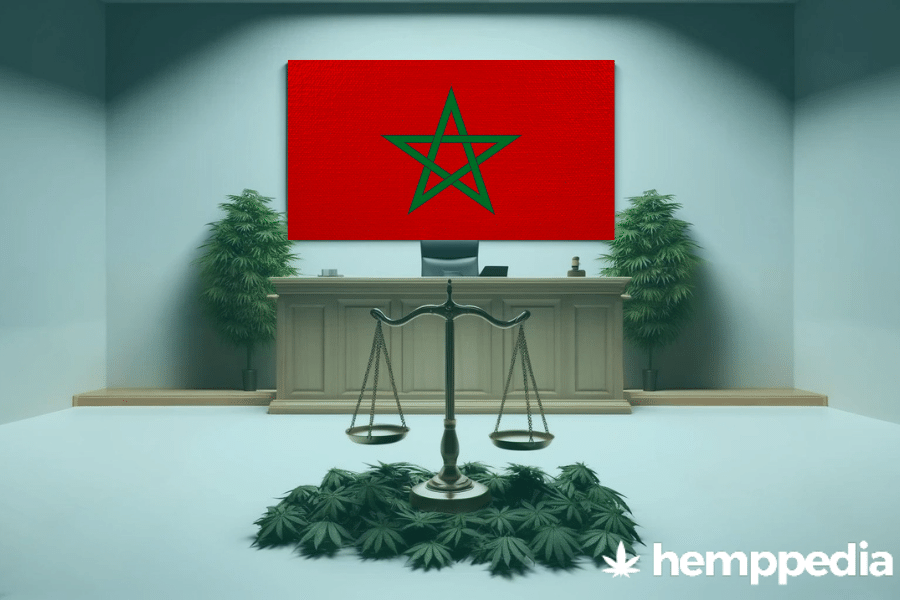As cannabis law continues to evolve around the world, many are asking, “Is CBD legal in Morocco?” The answer is a bit complicated, and deeply tied to the nation’s broader stance on cannabis. Here, we take an in-depth look at the legality of CBD in Morocco.
TL;DR
Cannabis, in all forms including CBD, is illegal in Morocco according to current law. However, the country is known for its widespread cultivation of cannabis plants, particularly in the Rif Mountains. The Moroccan government has been working on reforms to legalize the medical and industrial use of cannabis, but these changes have yet to be confirmed. The table below provides a clear overview of the legal aspects of CBD usage in Morocco.
| Usage | Possession | Sale | Cultivation |
|---|---|---|---|
| Illegal | Illegal | Illegal | Illegal, but common in certain regions |
Overview of CBD Legislation
Key Terms
CBD stands for cannabidiol, a non-psychoactive compound found in cannabis plants. Unlike THC (tetrahydrocannabinol), CBD does not induce a ‘high’. Instead, it’s often used for its therapeutic properties. CBD is typically extracted from hemp, a type of cannabis plant with low THC levels.
Legal Status
As mentioned earlier, CBD is currently illegal in Morocco. However, the Moroccan government is considering the legalization of cannabis for medical and industrial uses.
Regulatory Bodies
Any future changes to CBD and cannabis law in Morocco would be regulated by the government’s Ministry of Interior and Ministry of Health.
Historical Context
Cannabis has a long history in Morocco, predominantly cultivated in the northern Rif region. Though it is currently illegal, the government has been initiating steps towards its regulation and control.
Possession, Use, Cultivation and Sales
As it stands, the possession, use, cultivation, and sale of CBD is technically illegal in Morocco. Realistically, however, these laws are sporadically enforced, particularly in areas of rural cannabis production.
Enforcement and Penalties
Penalties for violating these laws can be stiff, with punishments ranging from heavy fines to lengthy prison sentences. However, the inconsistent and oftentimes lax enforcement of these regulations point to a potential shift in Morocco’s approach to cannabis in the near future.
Comparative Analysis
Compared to the rest of the world, Morocco stands out for the contrast between its formal laws banning cannabis and CBD, and the reality of large-scale cannabis cultivation. As nations around the world take steps to decriminalize or even legalize cannabis, it remains to be seen how Morocco will handle this tension in the coming years.
Conclusion
Morocco’s relationship with cannabis and CBD is complex and evolving. While it is currently illegal to possess, use, cultivate, or sell CBD in Morocco, changes to this law are being explored. This reflects a global trend toward relaxation and reform of cannabis laws. These developments are definitely something to keep an eye on for those interested in CBD law.





